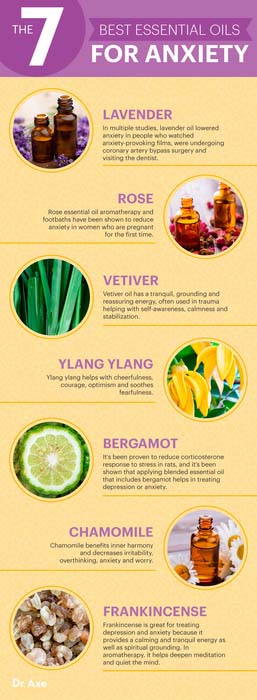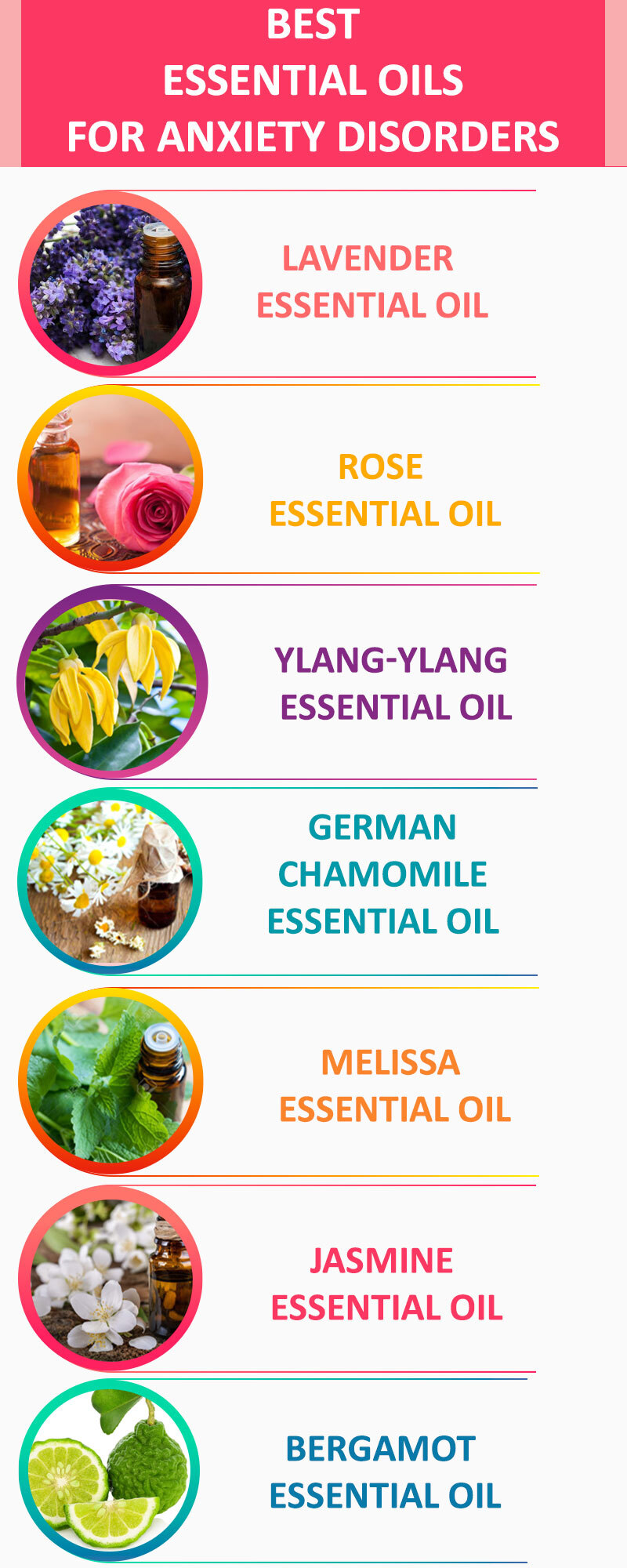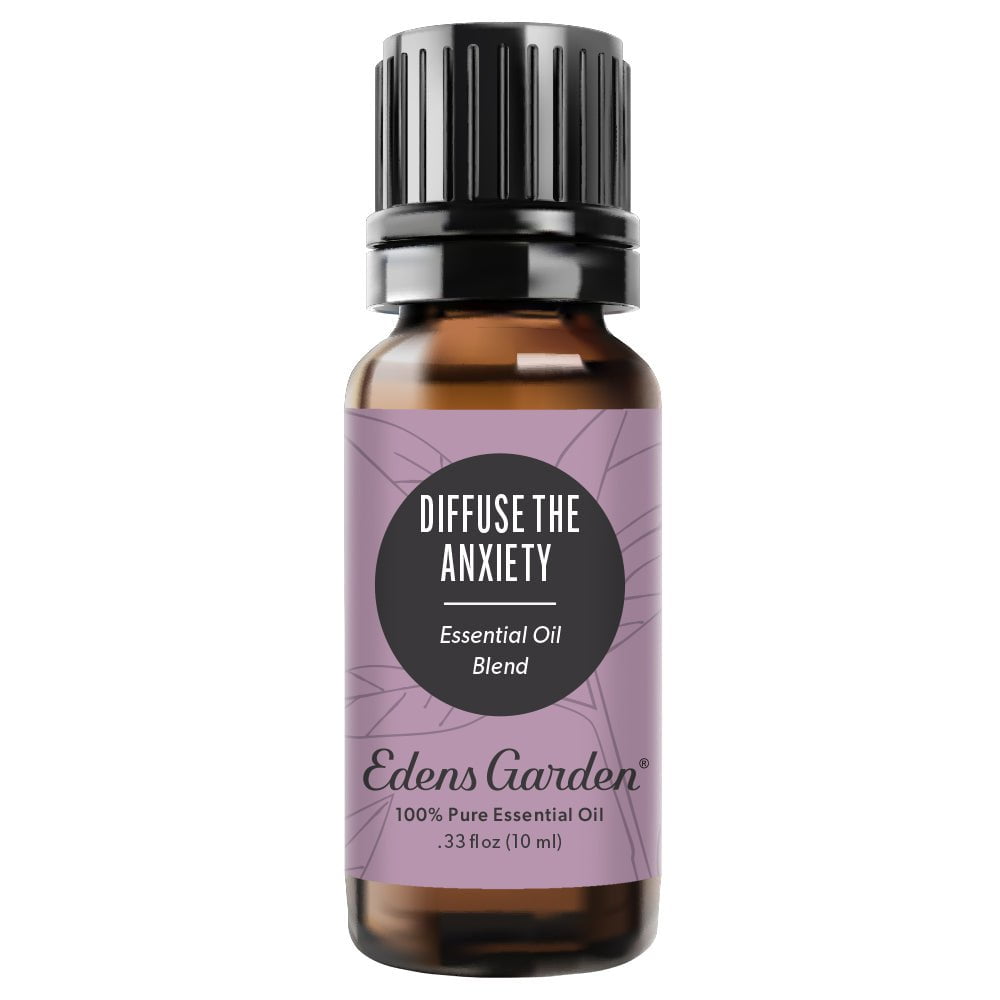Essential oils are effective for relaxation, calming the mind and reducing stress levels. Inhaling or applying these oils on the skin can promote a state of relaxation and help achieve a sense of calmness and tranquility.
Aromatherapy, which uses essential oils, has been used for centuries as a natural remedy to promote relaxation and improve overall well-being. The powerful scents of essential oils, such as lavender, chamomile, and ylang-ylang, have a direct impact on the brain, activating certain areas that are responsible for controlling emotions and inducing relaxation.
We will explore the benefits of essential oils for relaxation and how you can incorporate them into your daily routine to experience their soothing effects.

Credit: www.healthline.com
Popular Essential Oils For Relaxation
When it comes to relaxation, there’s nothing quite like the soothing power of essential oils. These natural plant extracts have been used for centuries to promote a sense of calm and tranquility. Whether you’re looking to unwind after a long day or create a peaceful atmosphere in your home, incorporating essential oils into your routine can be a game-changer. In this article, we will explore three popular essential oils for relaxation: Lavender, Chamomile, and Ylang Ylang.
Lavender
Lavender essential oil is renowned for its calming properties. Its delicate, floral scent instantly promotes relaxation and can help ease feelings of stress and anxiety. This versatile oil can be used in various ways to create a peaceful environment:
- Diffusing a few drops of lavender oil in your bedroom can help improve sleep quality, allowing you to wake up feeling refreshed and rejuvenated.
- Adding a few drops of lavender oil to your bathwater can create a spa-like experience, helping you unwind both mentally and physically.
- Applying diluted lavender oil to your temples and pulse points can provide quick relief from tension headaches or migraines.
Chamomile
Chamomile essential oil is widely known for its calming and soothing properties. Its sweet, apple-like aroma can help relax both the mind and body, making it an excellent choice for promoting relaxation. Here are a few ways you can incorporate chamomile oil into your relaxation routine:
- Infusing chamomile oil into a carrier oil, such as coconut oil, and using it for a gentle self-massage can alleviate muscle tension and promote overall relaxation.
- Adding a few drops of chamomile oil to a warm compress and placing it over your forehead or neck can help relieve stress and promote a sense of calm.
- Creating a chamomile tea by adding a couple of drops of chamomile oil to hot water can be a soothing and comforting way to wind down in the evening.
Ylang Ylang
Ylang Ylang essential oil is known for its uplifting and stress-relieving properties. Its sweet, floral scent can instantly uplift your mood and create a relaxing atmosphere. Here are a few ways you can incorporate Ylang Ylang oil into your relaxation routine:
- Adding a few drops of Ylang Ylang oil to a diffuser can help create a soothing and peaceful ambiance in any room.
- Incorporating Ylang Ylang oil into your skincare routine by mixing a few drops with a carrier oil, such as jojoba oil, can provide a luxurious and pampering experience.
- Using Ylang Ylang oil in a massage blend can help alleviate muscle tension and promote relaxation.
These are just a few examples of popular essential oils known for their relaxation benefits. Experimenting with different oils and finding the scents that resonate with you the most can be a delightful journey towards finding your ultimate relaxation blend. Remember to always dilute essential oils properly and perform a patch test before using them topically. Enjoy the soothing power of nature’s gift to relaxation!

Credit: draxe.com
Methods Of Using Essential Oils
Discover powerful methods for using essential oils to induce relaxation, from diffusing lavender oil in your bedroom to creating soothing massage blends with chamomile and bergamot. Experience the calming and rejuvenating effects of these natural remedies for ultimate tranquility.
Topical Application
One of the most popular methods of using essential oils for relaxation is through topical application. This involves directly applying the oil onto the skin, allowing it to absorb and provide its therapeutic benefits.
When using essential oils topically, it’s important to dilute them with a carrier oil such as coconut oil or almond oil to prevent any skin irritation. Using a 2% dilution ratio is recommended, which means adding 12 drops of essential oil per 1 ounce of carrier oil.
Once diluted, you can apply the mixture to different parts of the body for relaxation. Common areas include the temples, wrists, neck, and feet. Gently massage the oil onto the skin in circular motions, allowing it to absorb and release its soothing properties.
Aromatherapy
Aromatherapy is another effective way to experience the relaxation benefits of essential oils. This method involves inhaling the scent of the oils, which then triggers a response in the brain, promoting relaxation and stress relief.
To practice aromatherapy, you can use a diffuser, which disperses the oil into the air as a fine mist. Simply add a few drops of your chosen essential oil to the diffuser along with water, and let it fill the room with its delightful aroma.
Alternatively, you can create a soothing environment by adding a few drops of essential oil to a bowl of hot water. Place your face over the bowl, covering your head with a towel to create a tent-like effect, and inhale deeply. The steam will carry the relaxing scent directly to your senses.
Ingestion
While not as common as topical application or aromatherapy, ingestion of certain essential oils can also provide relaxation benefits. However, it’s crucial to exercise caution when ingesting essential oils as some are not safe for internal use.
If you choose to ingest essential oils, always ensure that they are labeled as safe for consumption. Only use a small amount, such as a drop or two, and mix it with a carrier substance like honey, yogurt, or vegetable oil.
It’s important to note that not all essential oils are suitable for ingestion, as some can be toxic or may interact with medications. Always consult with a healthcare professional or certified aromatherapist before ingesting essential oils.

Credit: floralessentialoils.com
Frequently Asked Questions On Essential Oils For Relaxation
What Is A Relaxing Essential Oil Blend?
A relaxing essential oil blend is a combination of oils that promotes relaxation and reduces stress. It can have calming effects on the mind and body, helping to create a peaceful and soothing atmosphere.
What Is The Most Stress Relieving Essential Oil?
Lavender essential oil is the most stress relieving oil due to its calming properties.
What Oil Is Good For Stress And Anxiety?
Lavender oil is good for stress and anxiety. It helps calm the mind and promotes relaxation.
What Essential Oils Are Good For Stress And Sleep?
Lavender, chamomile, and bergamot essential oils are good for stress and sleep. Their soothing properties help calm the mind and promote relaxation, leading to a better sleep experience.
Conclusion
Overall, incorporating essential oils into your relaxation routine can have numerous benefits for your mind and body. Whether you prefer lavender for its calming properties, or rosemary for its invigorating effects, essential oils offer a natural and therapeutic way to unwind.
By using these oils in massage, diffusers, or baths, you can create a serene environment and promote a sense of calm and relaxation. Discover the power of essential oils for yourself and take the first step towards a more peaceful and balanced life.
